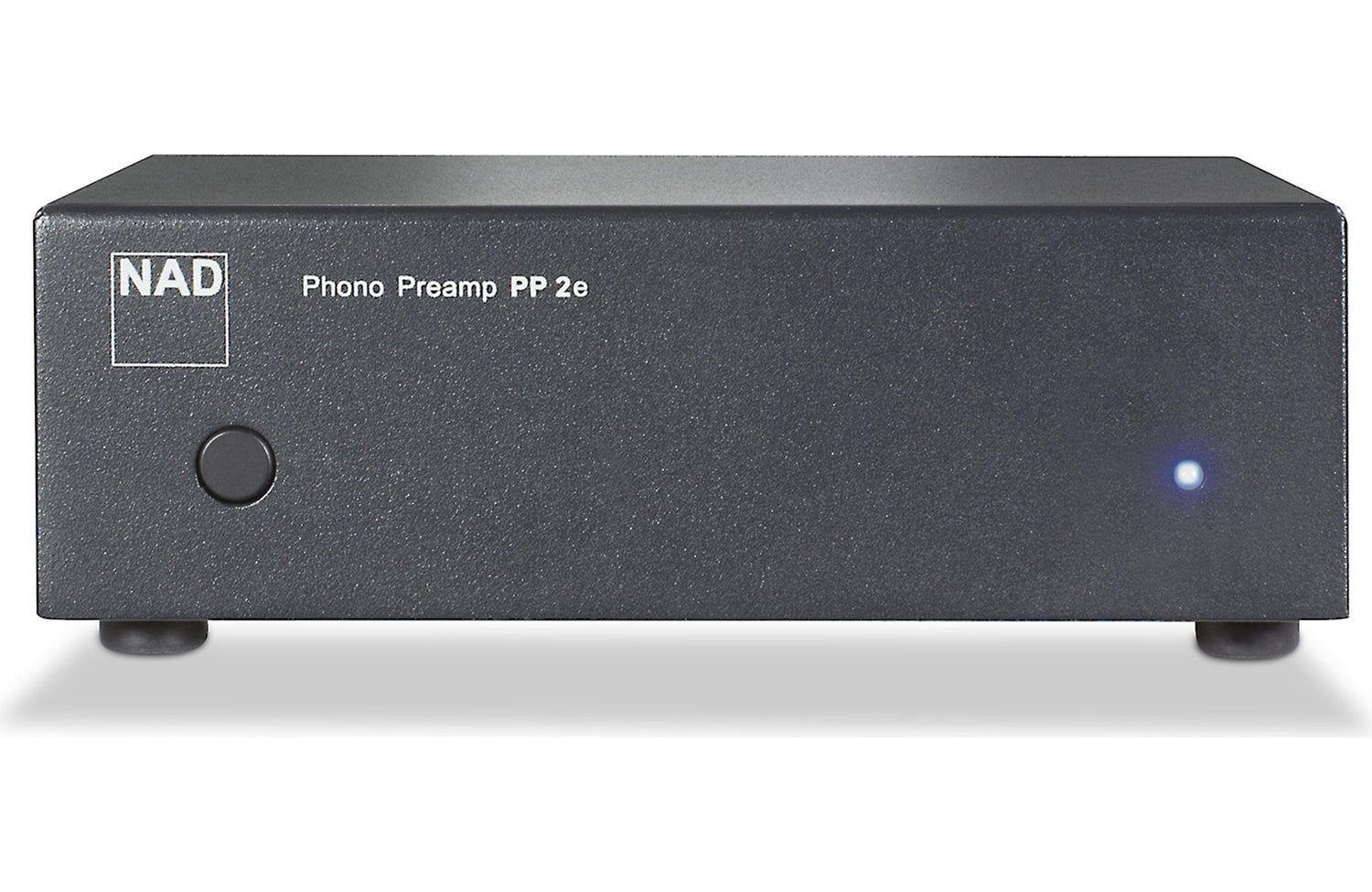The future of Intelligent Homes
The concept of intelligent homes, also known as smart homes, has been around for several years, but it is rapidly evolving. The integration of new technologies, the Internet of Things (IoT), and the increasing demand for convenience, energy efficiency, and security are driving the future of intelligent homes. In this article, we will discuss the future of intelligent homes and what we can expect to see in the coming years.
One of the primary trends driving the future of intelligent homes is the integration of artificial intelligence (AI) and machine learning (ML) technologies. AI and ML are transforming the way we interact with our homes, allowing us to automate various tasks and adapt to our changing needs. For example, intelligent home assistants, such as Amazon Alexa and Google Home, can learn our preferences and habits and adjust our homes' temperature, lighting, and other systems accordingly.
Another trend driving the future of intelligent homes is the integration of voice-activated systems. Voice-activated systems, such as Amazon Alexa and Google Home, have become increasingly popular in recent years, and they are now being integrated into various home systems, such as lighting, security, and entertainment. This allows homeowners to control various aspects of their homes simply by speaking to their devices.
The future of intelligent homes also involves the integration of smart devices and IoT technology. Smart devices, such as smart thermostats, smart lighting systems, and smart locks, can be controlled remotely using a smartphone app, allowing homeowners to monitor and control their homes from anywhere. IoT technology allows these devices to communicate with each other and adapt to our changing needs, providing increased convenience, comfort, and energy efficiency.
As the adoption of intelligent homes continues to grow, we can expect to see an increasing number of interconnected systems and devices. For example, intelligent home assistants may soon be able to communicate with our cars and adjust the temperature and lighting in our homes based on our commuting patterns. We may also see the integration of intelligent home systems with healthcare devices, allowing healthcare providers to monitor patients' health remotely.
In conclusion, the future of intelligent homes is exciting and full of possibilities. The integration of AI and ML technologies, voice-activated systems, and IoT technology is transforming the way we interact with our homes, providing increased convenience, comfort, and security. As technology continues to advance, we can expect to see even more innovative and user-friendly intelligent home systems that will transform the way we live.

